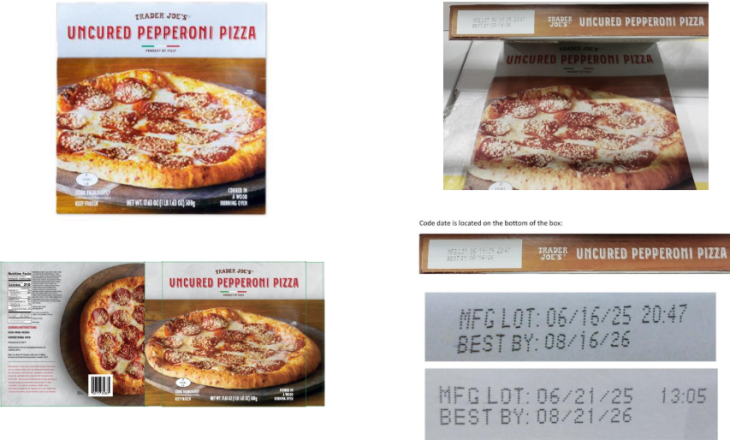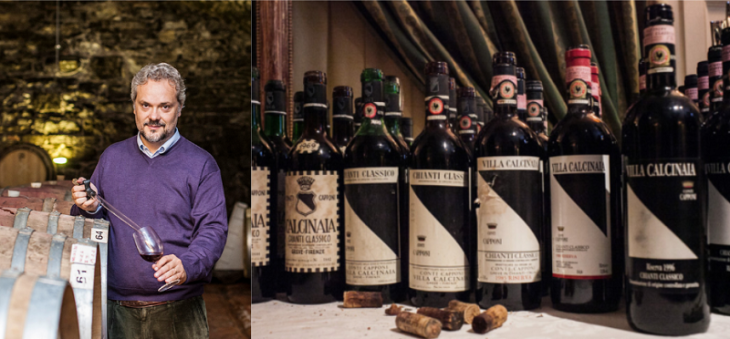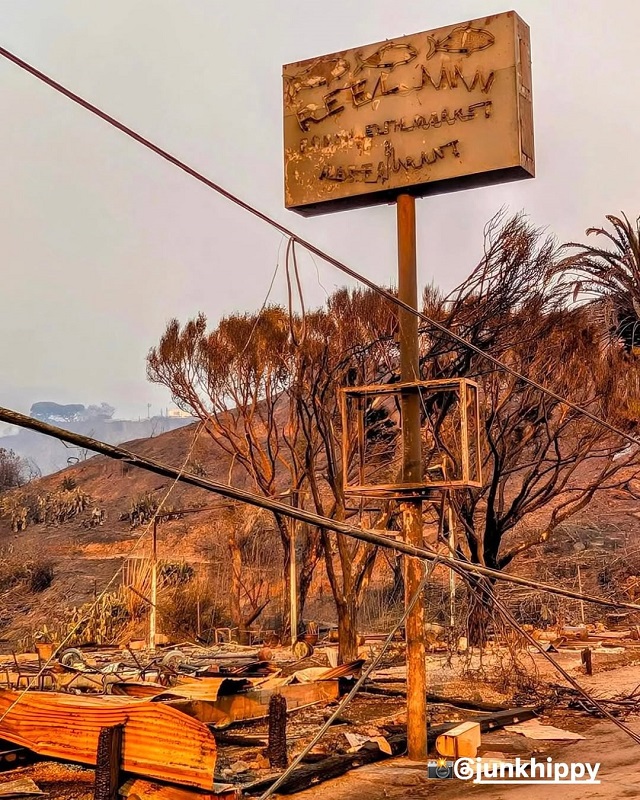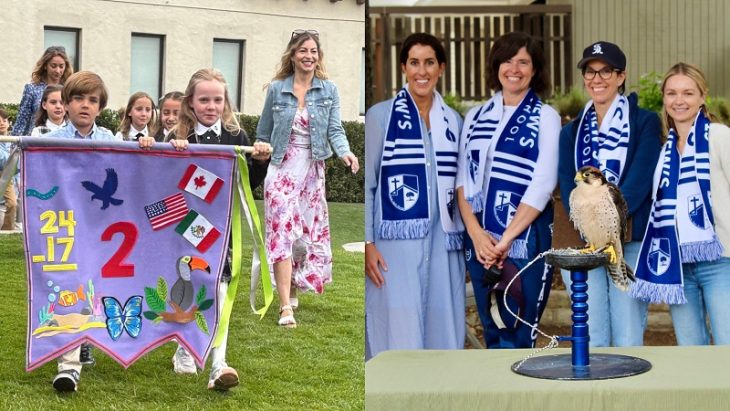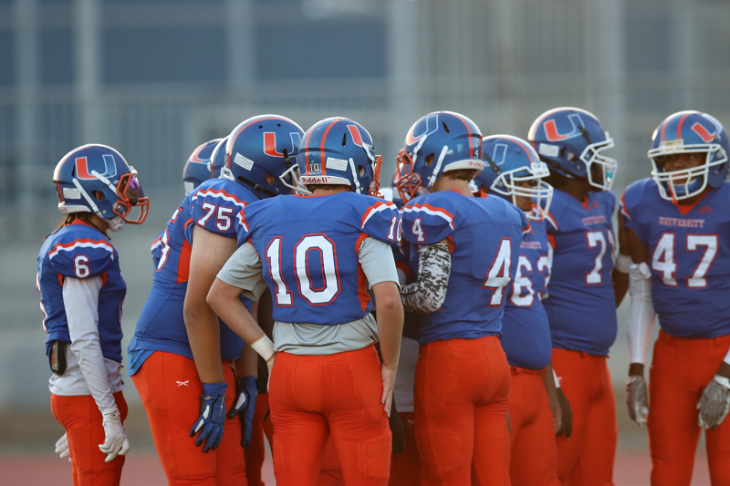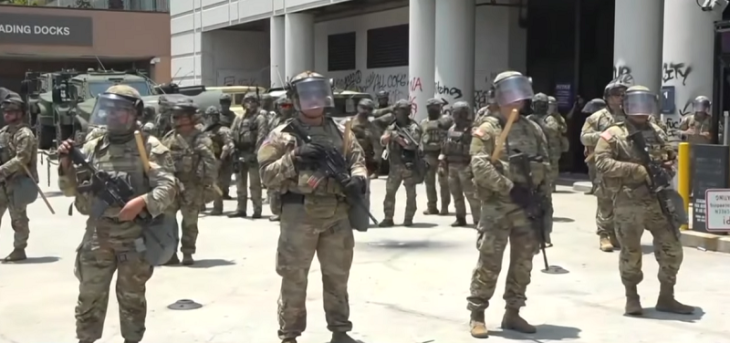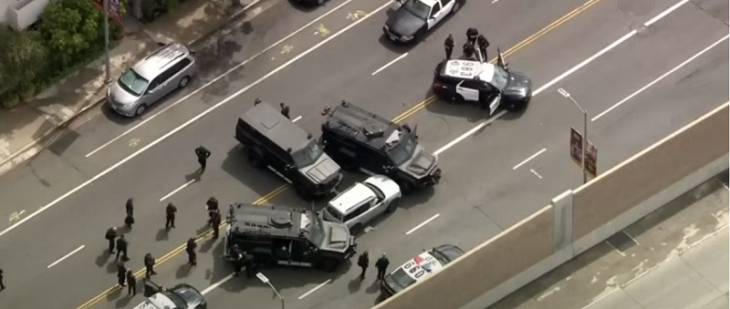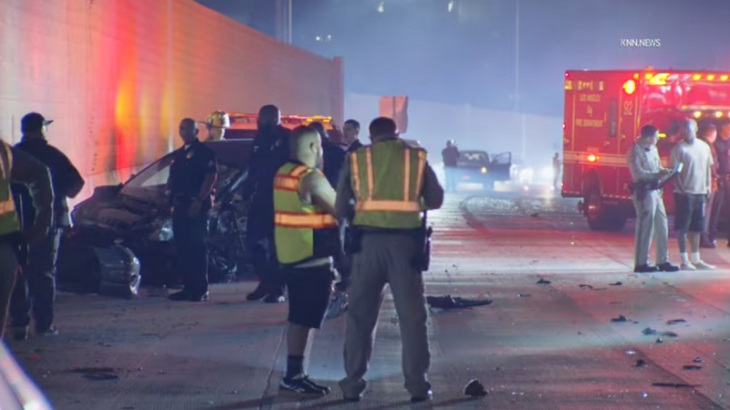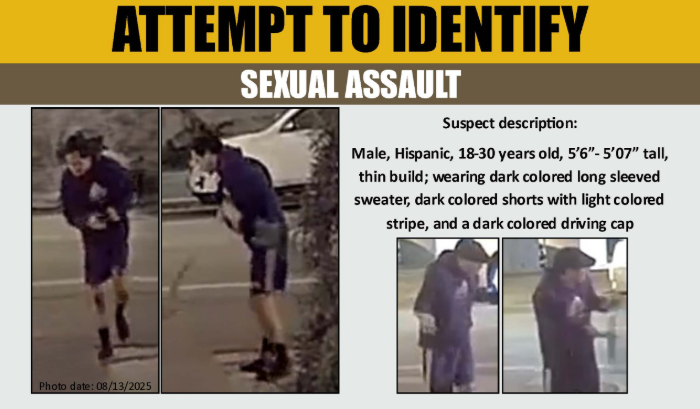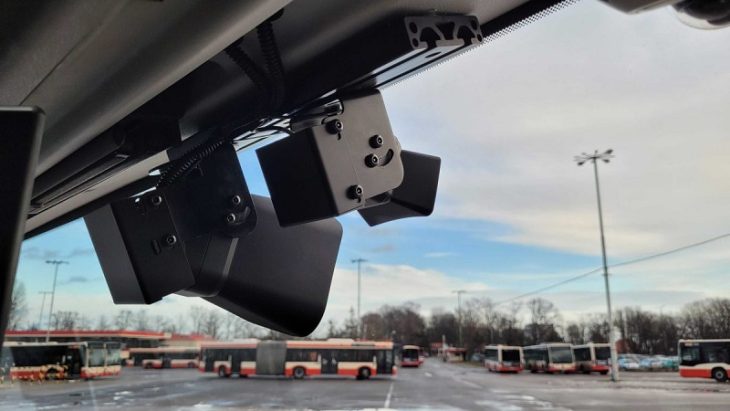Toshiro Mifune will posthumously receive the 2,594th star on the Hollywood Walk of Fame Monday for a legendary career marked by appearances in more than 150 films during the golden age of Japanese cinema, including 16 directed by Akira Kurosawa.
Oscar-winning documentary maker Steven Okazaki will speak at the 11:30 a.m. ceremony at 6912 Hollywood Blvd. Rikiya Mifune, a grandson of Mifune, will accept the posthumous star on behalf of the family.
The ceremony comes one day after the documentary Okazaki directed, “Mifune: The Last Samurai,” was shown at AFI Fest. It will open theatrically at Laemmle’s Ahrya Fine Arts theater in Beverly Hills on Dec. 2.
“Toshiro Mifune achieved more worldwide fame than any other Japanese actor of the century” and “left us with a treasure of iconic roles,” said Ana Martinez, the Walk of Fame’s producer.
According to information supplied by the Hollywood Chamber of Commerce, which administers the Walk of Fame, Mifune was born April 1, 1920, in Chintao, China, to Japanese parents who ran a small photo studio.
Mifune spent his childhood in Dailen,China, until being drafted by the Imperial Japanese Army in 1940. Because of his background in photography, Mifune initially served as an aerial photographer taking pictures of enemy ground positions. He later became in charge of taking portraits of young pilots before they flew off on kamikaze missions.
Following the end of the war, Mifune arrived at Toho Studios in Tokyo to apply for a position as a photographer. However, his application was submitted to the acting division and Mifune ended up auditioning for an actor’s position.
During the audition, the interviewers made several rude requests to Mifune to express certain uncomfortable emotions, which made him furious. People who witnessed this compared him to a ferocious beast trapped in a cage trying to break free.
Mifune’s reputation quickly spread throughout the studio, with word eventually reaching Kurosawa, already a successful director. Although Mifune had failed the audition, he was accepted as an understudy at Kurosawa’s request.
An unhappy Mifune was persuaded to stay in the actors division until there was an opening in the photography department.
Mifune made his acting debut in the 1947 film “Snow Trail,” playing one of three bank robbers hiding from police in a remote lodge in the Japanese mountains.
Mifune reached stardom in Japan in 1948 with his third film “Drunken Angel,” in which he played a struggling gangster with a terminal illness.
Following the success of “Drunken Angel,” Mifune officially joined Kurosawa’s team and collaborated in such films as “Stray Dog,” “Silent Duel” and “Rashomon” which won the Golden Lion award at the Venice Film Festival in 1951.
Mifune and Kurosawa’s 1954 Samurai epic “Seven Samurai” is considered by critics and film professionals as one of the greatest films ever made.
Mifune and Kurosawa also collaborated on an adaptation of William Shakespeare’s “Macbeth,” “Throne of Blood”; “The Hidden Fortress” which would influence George Lucas in the making of “Star Wars”; “Yojimbo,” which was remade as the Sergio Leone Spaghetti Western “A Fistful of Dollars”; and “Red Beard.”
Mifune also worked outside Japan on such films as “The Important Man,” “Grand Prix,” “Hell in the Pacific,” the Steven Spielberg-directed comedy “1941” and “Red Sun.”
Mifune received an outstanding lead actor in a limited series of special for his portrayal of Lord Toranaga in the 1980 NBC miniseries “Shogun,” losing out to Anthony Hopkins, who played Adolf Hitler in the CBS made-for- television movie “The Bunker.”
Mifune died on Dec. 24, 1997, at the age of 77.


